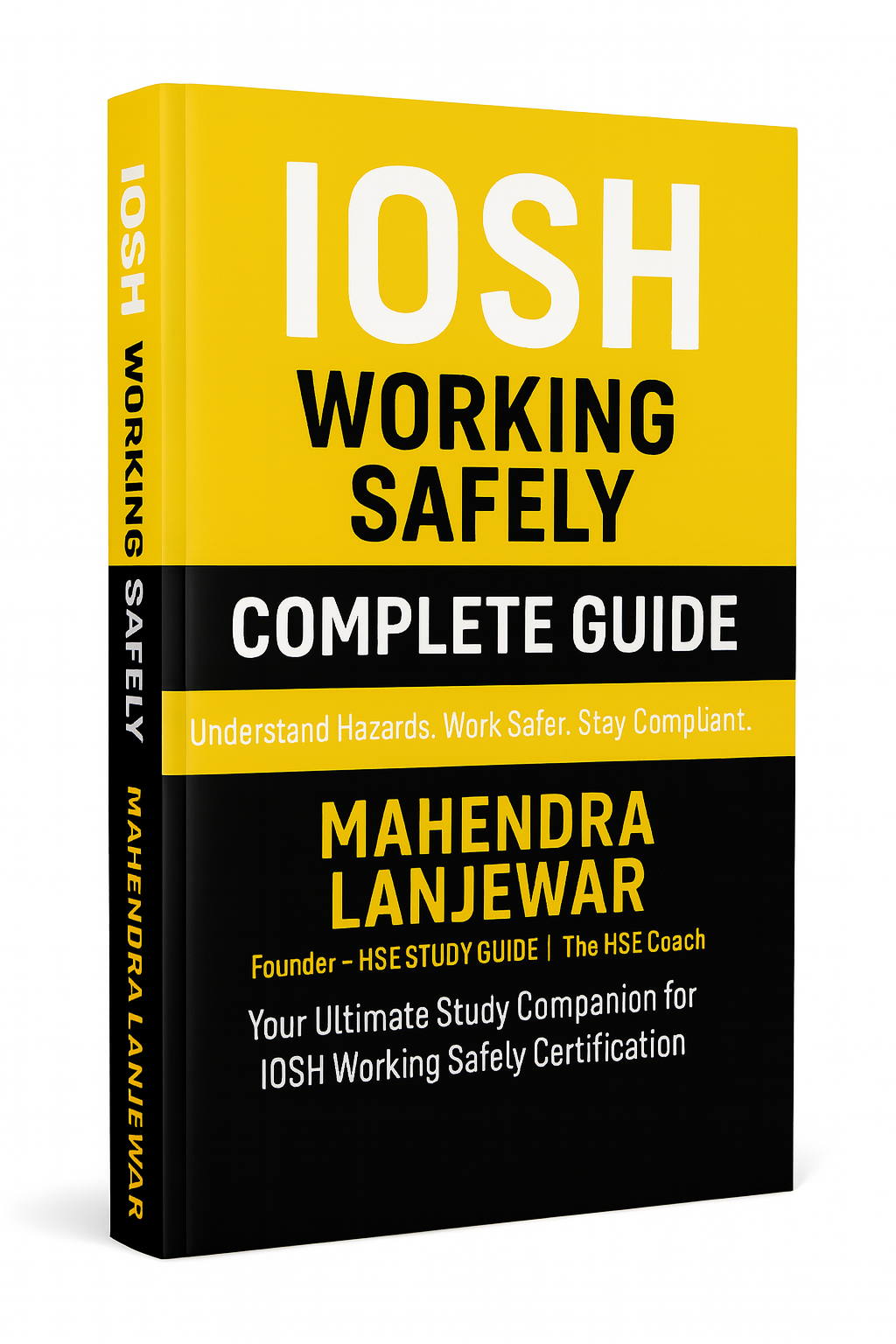
Associate Safety Professional Salary: A Comprehensive Guide
Introduction
Associate Safety Professional Salary : In the world of occupational health and safety, the role of an Associate Safety Professional (ASP) is crucial. They play a significant part in ensuring workplace safety and preventing accidents. One of the key aspects that job seekers and aspiring professionals often wonder about is the salary associated with this position. In this article, we will explore the various factors that influence an Associate Safety Professional’s salary, provide an in-depth analysis of the earning potential, and answer some frequently asked questions related to this rewarding career path.
1. Understanding the Role of an Associate Safety Professional
Before diving into the salary details, it’s essential to comprehend the responsibilities and duties of an Associate Safety Professional. ASPs are responsible for evaluating, developing, and implementing safety policies and protocols within an organization. They conduct safety audits, risk assessments, and incident investigations. Their primary focus is to create a safe and healthy work environment for employees, minimizing potential hazards and ensuring compliance with safety regulations.
2. Educational Background and Certifications
The salary of an Associate Safety Professional is often influenced by their education and certifications. Generally, individuals with a bachelor’s degree in occupational health and safety, environmental science, or a related field have a competitive advantage. Furthermore, obtaining certifications like the Associate Safety Professional (ASP) certification from the Board of Certified Safety Professionals (BCSP) can significantly impact their earning potential.
3. Experience and Expertise
Like many professions, experience plays a vital role in determining an ASP’s salary. As professionals gain more experience and expertise in their role, they become more valuable to their employers. Experienced ASPs are better equipped to handle complex safety challenges, making them an invaluable asset to organizations.
4. Industry and Sector
The industry and sector in which an Associate Safety Professional works also have a significant impact on their salary. Those working in high-risk industries such as construction, manufacturing, or oil and gas tend to earn higher salaries compared to those in low-risk industries.
5. Geographic Location
It’s no secret that the cost of living varies greatly depending on the geographic location. The salary of an ASP is often adjusted to reflect the local living expenses. In metropolitan areas or regions with a high cost of living, ASPs generally command higher salaries compared to their counterparts in smaller towns or rural areas.
6. Average Salary Range for Associate Safety Professionals
As of the latest available data, the average salary for an Associate Safety Professional in the United States falls within the range of $60,000 to $80,000 per year. This range can vary based on the factors mentioned above. For instance, an ASP with several years of experience, a relevant degree, and additional certifications may earn closer to or above the upper end of the salary range.
7. Career Growth and Advancement
The field of occupational health and safety offers significant opportunities for career growth and advancement. As Associate Safety Professionals gain experience and continue their education, they can progress to higher-level positions, such as Certified Safety Professionals (CSPs) or Occupational Health and Safety Managers. These advanced roles come with more responsibilities and, of course, higher salaries.
8. Factors That Can Increase ASP Salaries
Several factors can contribute to an increase in Associate Safety Professional salaries. These factors include exceptional performance, successful completion of advanced certifications, taking on leadership roles, and contributing significantly to the improvement of safety processes within an organization.
9. Negotiating Salary Offers
When entering the job market or seeking a new opportunity, negotiation skills are crucial. ASPs should conduct thorough research on industry salary standards, the specific company’s pay practices, and the cost of living in the area. Armed with this knowledge, they can confidently negotiate a competitive salary package.
10. Conclusion
In conclusion, becoming an Associate Safety Professional can be a fulfilling career choice for those passionate about ensuring workplace safety. The salary for ASPs can vary based on factors such as education, certifications, experience, industry, and geographic location. By continuously improving their skills, gaining experience, and pursuing advanced certifications, ASPs can not only enhance their earning potential but also make significant contributions to workplace safety.
FAQs
1. Is a bachelor’s degree necessary to become an Associate Safety Professional? Yes, a bachelor’s degree in occupational health and safety or a related field is typically required for this role.
2. What certifications can boost an ASP’s salary? Obtaining certifications like the Associate Safety Professional (ASP) from the BCSP can significantly impact an ASP’s earning potential.
3. Do ASPs have opportunities for career advancement? Yes, with experience and further education, ASPs can advance to higher-level positions, such as Certified Safety Professionals (CSPs) or Occupational Health and Safety Managers.
4. How does geographic location affect ASP salaries? Geographic location plays a significant role in determining an ASP’s salary, as it is often adjusted to reflect the local cost of living.
5. What should ASPs consider when negotiating a salary offer? ASPs should research industry standards, the company’s pay practices, and the cost of living in the area to negotiate a competitive salary package.





















